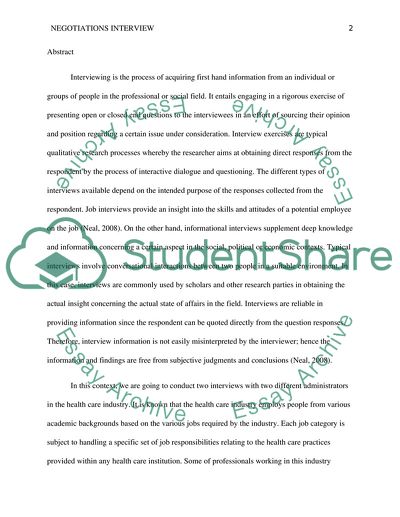Cite this document
(Interview with the Administrator in the Health Care Industry Case Study - 1, n.d.)
Interview with the Administrator in the Health Care Industry Case Study - 1. Retrieved from https://studentshare.org/journalism-communication/1771753-interview
Interview with the Administrator in the Health Care Industry Case Study - 1. Retrieved from https://studentshare.org/journalism-communication/1771753-interview
(Interview With the Administrator in the Health Care Industry Case Study - 1)
Interview With the Administrator in the Health Care Industry Case Study - 1. https://studentshare.org/journalism-communication/1771753-interview.
Interview With the Administrator in the Health Care Industry Case Study - 1. https://studentshare.org/journalism-communication/1771753-interview.
“Interview With the Administrator in the Health Care Industry Case Study - 1”, n.d. https://studentshare.org/journalism-communication/1771753-interview.


